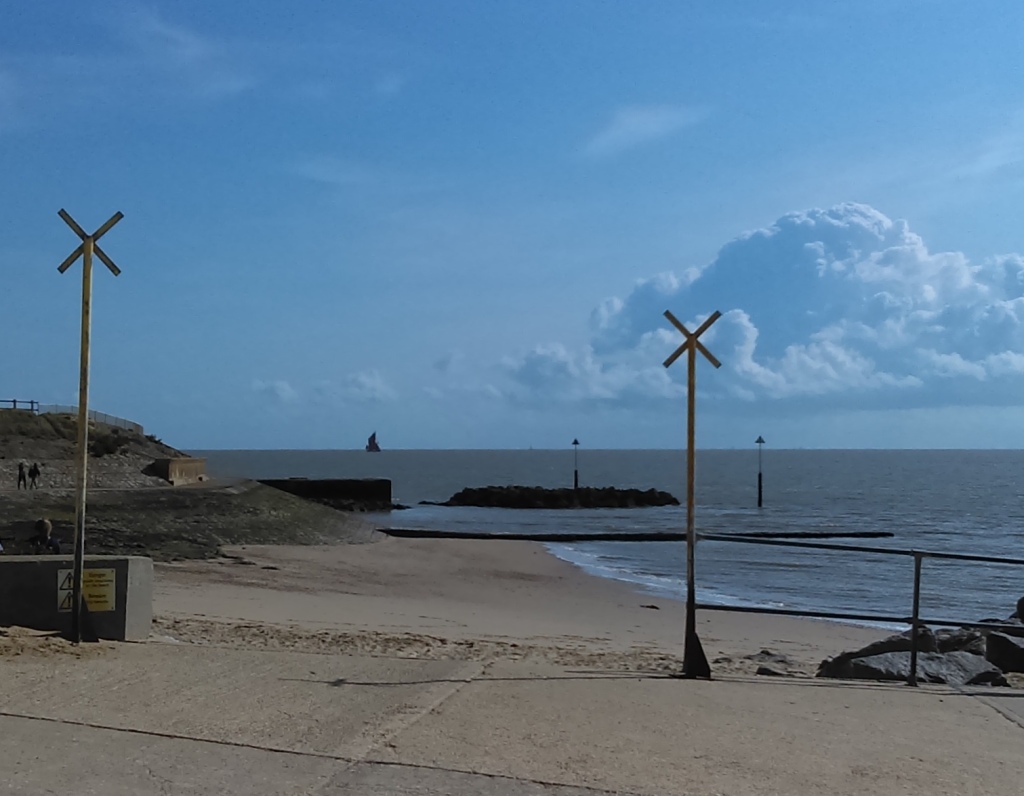“How agreeable to watch, from the other side of the high stile, this mighty creature, this fat bull of Bashan, snorting, champing, pawing the earth, lashing the tail, breathing defiance at heaven and at me … his heart hot with hate, unable to climb a stile.” – Rose Macaulay
Robert Aickman considered Elizabeth Bowen to be “the most distinguished living practitioner” of ghost stories. And she happened to be a close friend of Rose Macaulay. Bowen has long been my favourite writer!
“Elk and yak, the bulls of Bashan and of Babylon, mammoth and mastodon, they come trooping to the sunken sea, Lacus Mortis. Ominous revengeful zodiacal host! They moan, passing upon the clouds, horned and capricorned, the trumpeted with the tusked, the lionmaned, the giantantlered, snouter and crawler, rodent, ruminant and pachyderm, all their moving moaning multitude, murderers of the sun.” — ULYSSES by James Joyce (a book also with a section headed ‘Raising the Wind.’)
And Thomas Mann had a favourite dog called Bashan about which he wrote one of his works.

My photo of a Thames Barge also on route for Southend Pier.
RAISING THE WIND by Robert Aickman
“The din was like six mad bulls charging about and bellowing like Bashan. You will remember Bashan.”
No, but I do remember the bulls disguised as cows, or vice versa, in Aickman’s other Essex story HAND IN GLOVE, and the implications involved there, making it a strongly kindred work (my review of it HERE). Now, after some research, I can see the connections with the Bible. And the wind that God makes in the same context of the Book of Amos. And this story is a brief gust of a story compared to his usual seeming attritional story lengths elsewhere! And, indeed, I see this story as an ironic nod by an author at his own now perceived obsession in fiction with literary slowth, Zenoism aka nullimmortalis….
“; and I could imagine that speed could well be of the essence.” — here in RAISING THE WIND
compared with
“‘I’m not sure that time is the essence, Slow,’….” — THE BREAKTHROUGH
A story of an insurance man as narrator raised from rest by a friend to accompany him in a commission to sail, two-handed, a Thames Barge along the estuary coast in the area where I happen to live — from a stinky downtrodden port to another no doubt more salubrious one, with a time deadline involved and if they didn’t get there duly on time there would be a financial forfeit!
While they did succeed, they also somehow didn’t succeed! See what I mean by raising this story to read. It won’t take much of your time, I promise.
The wind raised through the keyhole of a church door between the narrator and an old stinky woman blowing into each other’s mouth raises whatever power is then somehow bottled in a Chianti flask provided by the narrator, later to help the sails of the barge fill with wind…. And the voyage then became indeed ‘sweetly swift’, but leaving behind the church in a near ruinous mess. But their craft perhaps fares no better, by some act of ‘pandemonium’, I infer. A craft called Dorothea.
“I mean, marriage drinks up all of our power of giving or getting any blessedness in that sort of love. I know it may be very dear—but it murders our marriage—and then the marriage stays with us like a murder—and everything else is gone.” — said by Dorothea Brooke in MIDDLEMARCH, probably the most famous Dorothea of all.
I simply know in my heart, from research, that Aickman was an enthusiast for Thomas Mann, but now I wonder what MIDDLEMARCH meant to him. It seems, in hindsight, now, and from what I have grown to know about his fiction and its themes, that it surely must have been an enormous influence on him!
“When I was a boy, confetti was at least confetti. Now it is great lumps of stuff, which lie about far longer than the tiny things ever did.”
I’d better now try halt this review before it grows longer than the story itself!
All my reviews of Aickman: https://dflewisreviews.wordpress.com/robert-aickman/
No comments:
Post a Comment